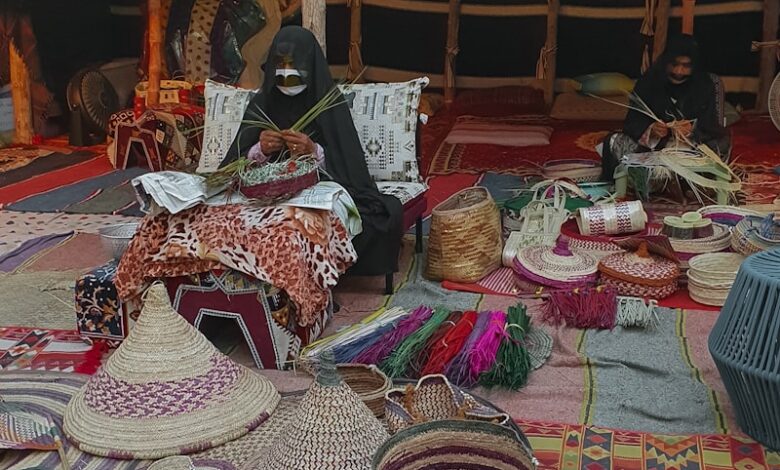
Let’s talk about “Kurban Bayramı,” or the Feast of Sacrifice. This isn’t just a holiday; it’s an experience that echoes through the heart of Turkish culture. Picture families coming together, uniting for prayer, sharing delicious meals, and, yes, sacrificing an animal as a gesture of gratitude. It’s a beautiful reminder of community spirit and sharing, where the meat is often distributed to those in need, allowing everyone to partake in the celebration.
Then there’s “Yeni Yıl,” or New Year’s Eve, which isn’t just about fireworks and parties. They celebrate the arrival of the New Year with “Noel Baba,” or Santa Claus, but here, he arrives with a twist! As the clock strikes midnight, families gather around to welcome the New Year with special dishes, lively music, and dances that echo through the streets. Ever heard of a Turkish wedding? They’re a grand affair, often lasting days with vibrant costumes, exhilarating folk dances, and an abundance of food that leaves you wanting more.
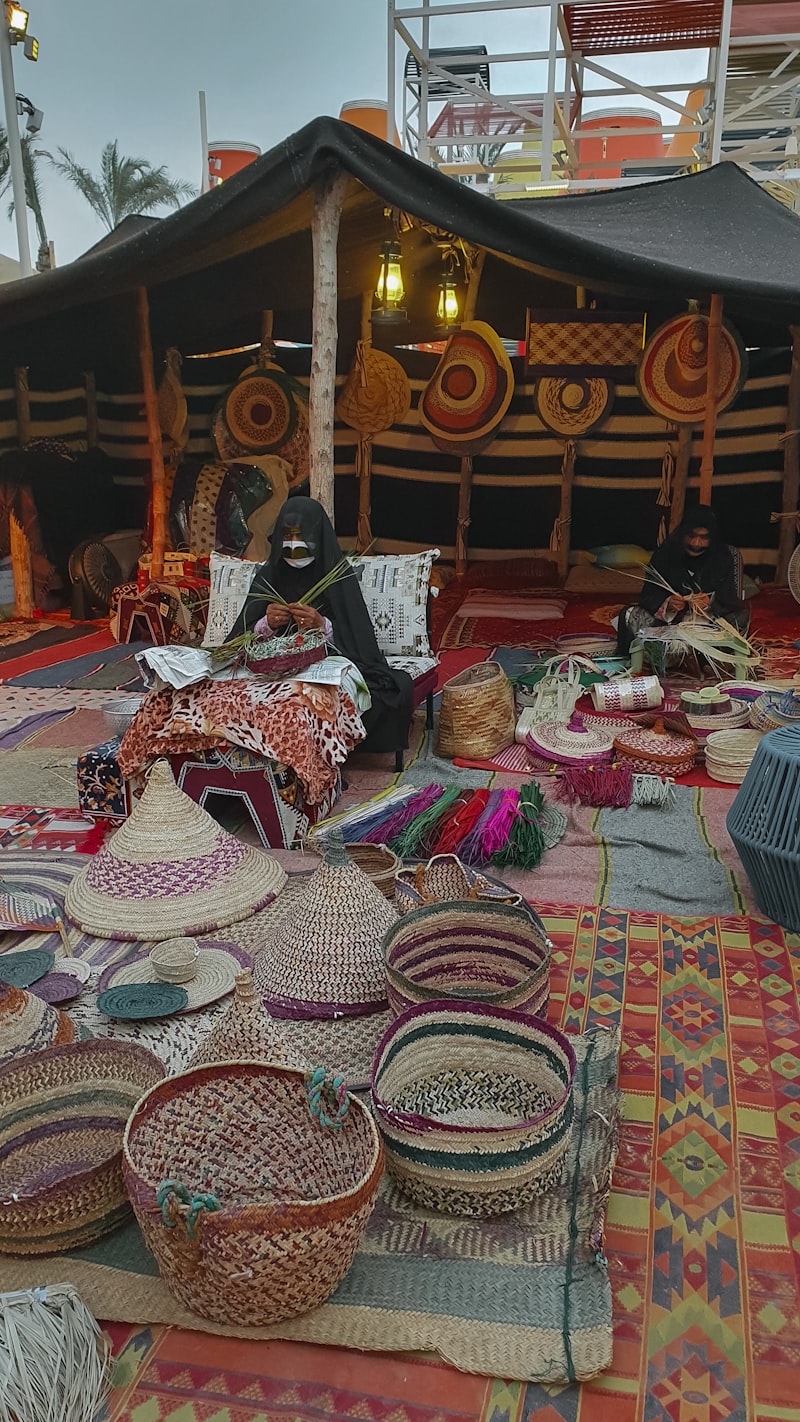
How about the “Hıdrellez” festival? Imagine vibrant flowers, enchanting music, and a celebration of spring’s arrival, all bundled into one joyous event! People jump over bonfires, believing it brings good luck. Isn’t that a refreshing way to greet a season?
Unveiling Turkey’s Treasures: 10 Captivating Traditions and Celebrations Americans Rarely Encounter
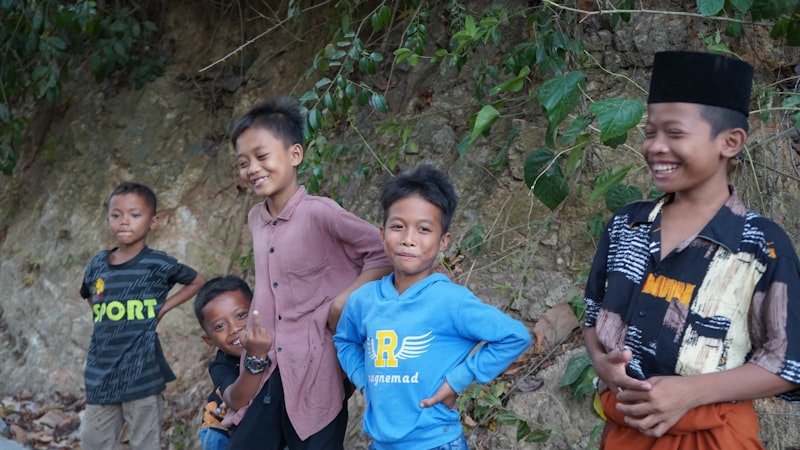
One of the captivating traditions is the Hıdırellez, a colorful spring festival that celebrates the arrival of warmer weather. Picture this: families gather in parks on May 6th to share food, sing songs, and make wishes by tying ribbons to trees. It’s a bit like tossing coins in a fountain, but with a backdrop of laughter and community spirit!
Then there’s the Kırkpınar Oil Wrestling, an annual spectacle held in Edirne, where competitors douse themselves in olive oil and wrestle for the title. It’s not just a test of strength—it’s a cultural fiesta that draws thousands of spectators shouting and cheering, like a scene straight out of a Gladiator film!
And who could overlook the enchanting Süleymaniye Mosque during Ramadan? Each evening, locals break their fast with a communal meal called iftar. Imagine the warmth of sharing stories and bites of delicious food with new friends under the mesmerizing glow of flickering lanterns, a truly heartwarming experience.

What about the matchless Çocuk Bayramı, or Children’s Day? This national holiday brings joy and festivities where kids take center stage, symbolizing hope and future. Think of it as a massive birthday party—balloons, music, and pure excitement that reminds everyone of the magic of childhood.
Each of these traditions showcases a unique part of Turkey’s rich tapestry, revealing how community, culture, and celebration mesh beautifully together. Whether it’s the storytelling through dance, the aromas of food wafting through the streets, or the infectious laughter of children, Turkey’s treasures are waiting to be unveiled, resonating with emotions and experiences that are just waiting to be discovered!
From Whirling Dervishes to Feast of Sacrifice: Exploring Turkey’s Hidden Cultural Heritage
The Whirling Dervishes are perhaps one of Turkey’s most enchanting attractions. Picture this: a serene room filled with the murmurs of chanting and the mesmerizing whirls of dancers dressed in flowing robes. These performers, engaged in a spiritual practice, whirl gracefully, symbolizing a connection to the divine. It’s not just a dance; it’s a journey into the soul that invites you to experience peace and spirituality. Isn’t it fascinating how something as simple as movement can convey such deep significance?
Now, shifting gears a bit, let’s dive into the Feast of Sacrifice. This celebration is a display of unity, generosity, and gratitude, showcasing the heart of Turkish culture. Families gather together, sharing food and laughter, as they honor an ancient tradition. It’s less about the ritual and more about the bonds it strengthens. Think of it as a big family reunion, where the aroma of grilled meat fills the air and everyone shares stories and joy.
But what truly sets Turkey apart is witnessing how these diverse elements of culture coexist. From the intoxicating spins of the dervishes to the communal spirit of the Feast of Sacrifice, it’s a vibrant orchestra of sights and sounds, resonating through every street and square. Each element offers a glimpse into the soul of a nation rich in history. Isn’t it amazing how exploring culture can feel like unwrapping a gift, revealing new layers with every experience?
Beyond Kebabs: A Journey Through Turkey’s Unique Celebrations That Enrich Cultural Understanding
And don’t even get me started on the epic Hıdırellez festival! It’s a spring celebration that welcomes love and new beginnings. Picture colourful stalls, music echoing through the streets, and people dancing their hearts out. It’s like the whole community comes alive, bursting with energy and hope. Who doesn’t love a good festival that brings everyone closer?
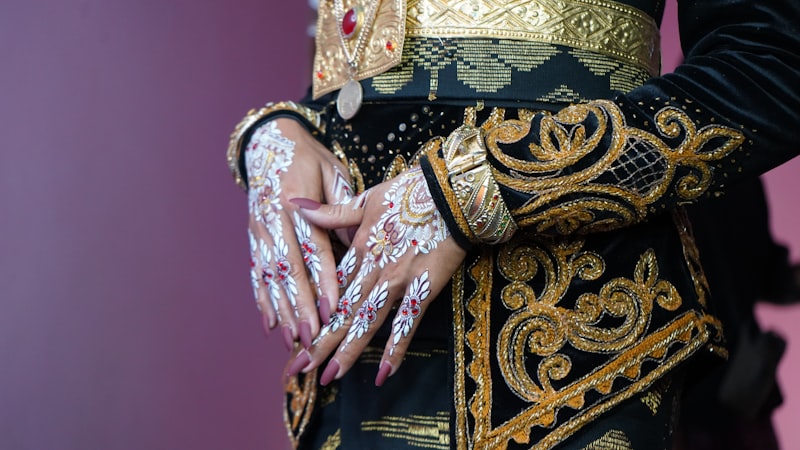
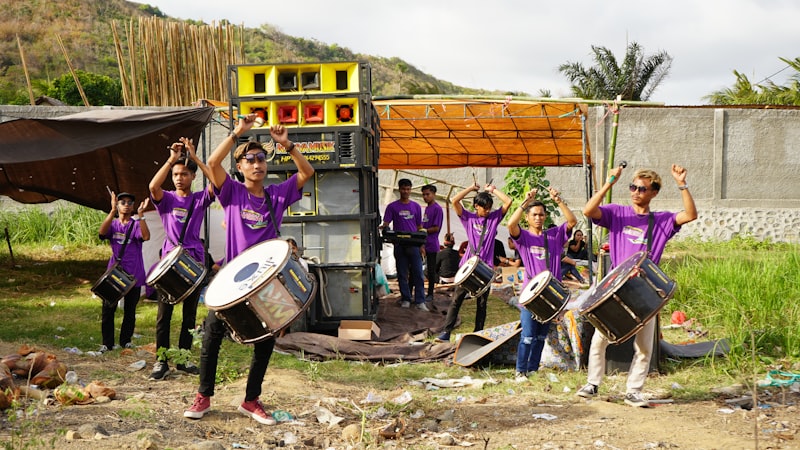
Then there’s the whirling dervishes, a mesmerizing tradition that’s anything but ordinary. Their dance isn’t just for show—it’s a way of connecting with the divine, an enchanting spiral that shows how deep spirituality can be intertwined with celebration. It makes you ponder, doesn’t it?
Let’s not forget about weddings, too! Turkish weddings are an explosion of color and emotion. From traditional dances that get everyone moving to rituals that have been passed down through generations, it’s a beautiful blend of family and festivity.
Festivals of a Thousand Colors: Discovering the Vibrant Cultural Tapestry of Turkey
Take the famous Istanbul Tulip Festival, for instance. As spring rolls in, the city transforms into a breathtaking floral wonderland, where millions of tulips blossom in every imaginable shade. Strolling through the gardens, you can’t help but feel like you’ve stepped into a living painting. It’s not only a feast for the eyes; it’s a community affair. Families gather, picnicking amidst the blooms, sharing stories and laughter, all while celebrating a flower that symbolizes beauty and renewal.
Then there’s the Whirling Dervishes Festival in Konya, where spirituality takes center stage. Picture a group of dancers in flowing white robes, spinning gracefully to the alluring sound of Sufi music. This isn’t merely a performance; it’s a sacred ritual that connects the heavens and earth. It’s like watching a physical manifestation of deep devotion, pulling you into a world of introspection and peace.
Turkish Traditions That Transcend Borders: What Every American Should Know About Turkey’s Heritage
One fascinating tradition that every American should know is ‘Nazar Boncuğu,’ or the evil eye charm. This little blue bead isn’t just a pretty trinket; it symbolizes protection against negativity and jealousy. Picture it as a shield, safeguarding you wherever you go. Americans often wear lucky charms, but this ancient belief reflects a deep-seated understanding of human emotions that transcends cultures.
Another striking aspect of Turkish culture is its hospitality. In Turkey, it’s not uncommon for someone to invite you into their home simply because you crossed paths on the street. It’s as if every home is a haven, ready to share a meal and stories. This mirrors that warm, inviting feeling of Southern hospitality here in the U.S., making it easy for us to connect.
When it comes to family, traditions take center stage. Family gatherings are vibrant affairs, often revolving around shared meals, just like our Sunday dinners. However, in Turkey, meals can last for hours, laden with multiple dishes and laughter. It’s a beautiful metaphor for the importance of nurturing our relationships—something that every American can appreciate.
Frequently Asked Questions
How do Turkish weddings differ from American weddings?
Turkish weddings often include traditional elements such as henna nights, elaborate ceremonies, and large gatherings that emphasize family and community. In contrast, American weddings tend to focus more on personalization and may feature smaller guest lists, various themes, and individual preferences. The rituals, attire, and customs also vary significantly, reflecting cultural values and societal norms.
How do Turkish customs influence daily life and social interactions?
Turkish customs shape daily life and social interactions by emphasizing hospitality, respect for family, and community bonds. Greetings often include handshakes or kisses on the cheeks, showcasing warmth. Traditional practices, such as sharing meals and ceremonies, foster close relationships. Understanding these customs enhances social cohesion and enriches interpersonal experiences.
What are traditional Turkish foods associated with cultural celebrations?
Traditional Turkish foods play a significant role in cultural celebrations, often symbolizing hospitality and community. Dishes like kebabs, pilaf, and mezes are commonly served at festive gatherings, while sweets such as baklava and halva are enjoyed during special occasions. Festivals often feature unique regional specialties, showcasing the rich culinary diversity of Turkey, and enhancing the overall festive atmosphere.
What are some unique Turkish festivals and their significance?
Turkey hosts a variety of unique festivals that showcase its rich culture and traditions. Events like the Istanbul Music Festival celebrate classical music, while the Whirling Dervishes Festival honors Sufi spirituality through captivating dance. The International Antalya Film Festival attracts filmmakers and audiences from around the globe, promoting cinematic arts. Additionally, the Camel Wrestling Championship highlights rural customs, emphasizing community and competition. Each festival serves to strengthen cultural identity and foster social connections.
What are the most important Turkish traditions celebrated throughout the year?
Turkey boasts a rich tapestry of traditions celebrated throughout the year, reflecting its diverse culture. Key celebrations include New Year’s Day, when families gather for feasts, and National Sovereignty and Children’s Day, promoting children’s rights. Ramadan and Eid al-Fitr are significant for spiritual reflection and communal feasting. The Republic Day commemorates the establishment of the Turkish Republic with parades and ceremonies. Additionally, various regional festivals celebrate local customs, showcasing the country’s vibrant heritage.



